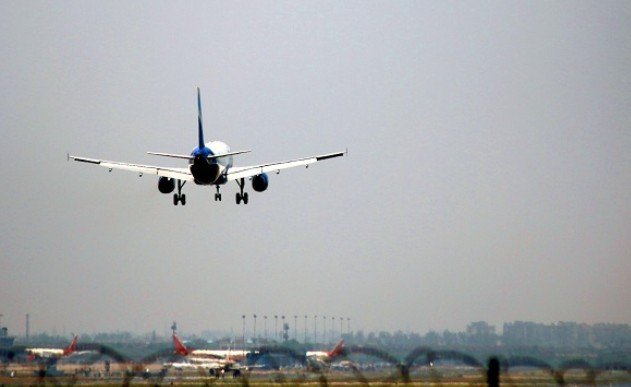Delhi Airport Flight Operations Gradually Returning To Normal: DIAL
Over 800 flights were delayed on Friday after a 15-hour technical snag hit the air traffic control system at IGI Airport.
New Delhi, Nov 8: Flight operations at Delhi’s Indira Gandhi International (IGI) Airport are gradually returning to normal, airport operator DIAL said on Saturday morning, following widespread disruption caused by a technical glitch in the Air Traffic Control (ATC) system.
The malfunction in the Automatic Message Switching System (AMSS), which supports the flight planning process, lasted for over 15 hours from around 5:45 am on Friday until 9 pm affecting more than 800 flights. The Airports Authority of India (AAI) confirmed that the issue has now been resolved.
“Airline operations at Delhi Airport are returning to normal, and all concerned authorities are working diligently to minimise any inconvenience caused,” DIAL stated in a post on X.
The Delhi airport, India’s busiest, handles over 1,500 flight movements daily across its four runways. While many flights were delayed, several were also cancelled, leaving hundreds of passengers stranded.
IndiGo, the country’s largest airline, said that both the airport operator and ATC teams were “working on priority to fully restore systems and stabilise operations,” and that the situation was expected to normalise within hours.
Data from flight tracking website Flightradar24.com showed that over 200 flights, including arrivals and departures, continued to face delays on Saturday morning.
Sources said that due to the AMSS outage, air traffic controllers had to manually process flight plans, which significantly slowed down operations. The AAI deployed additional manpower to assist with the manual process until the system was restored.
In a statement issued on Friday evening, the AAI confirmed that “technical issues in the AMSS have been addressed” and that systems are now functional, though some backlog-related delays may persist temporarily.
The glitch, detected in the IP-based AMSS system on November 6, was resolved with the help of the Original Equipment Manufacturer (OEM) and technical teams from ECIL and AAI, who remain on-site to ensure full stabilisation.




